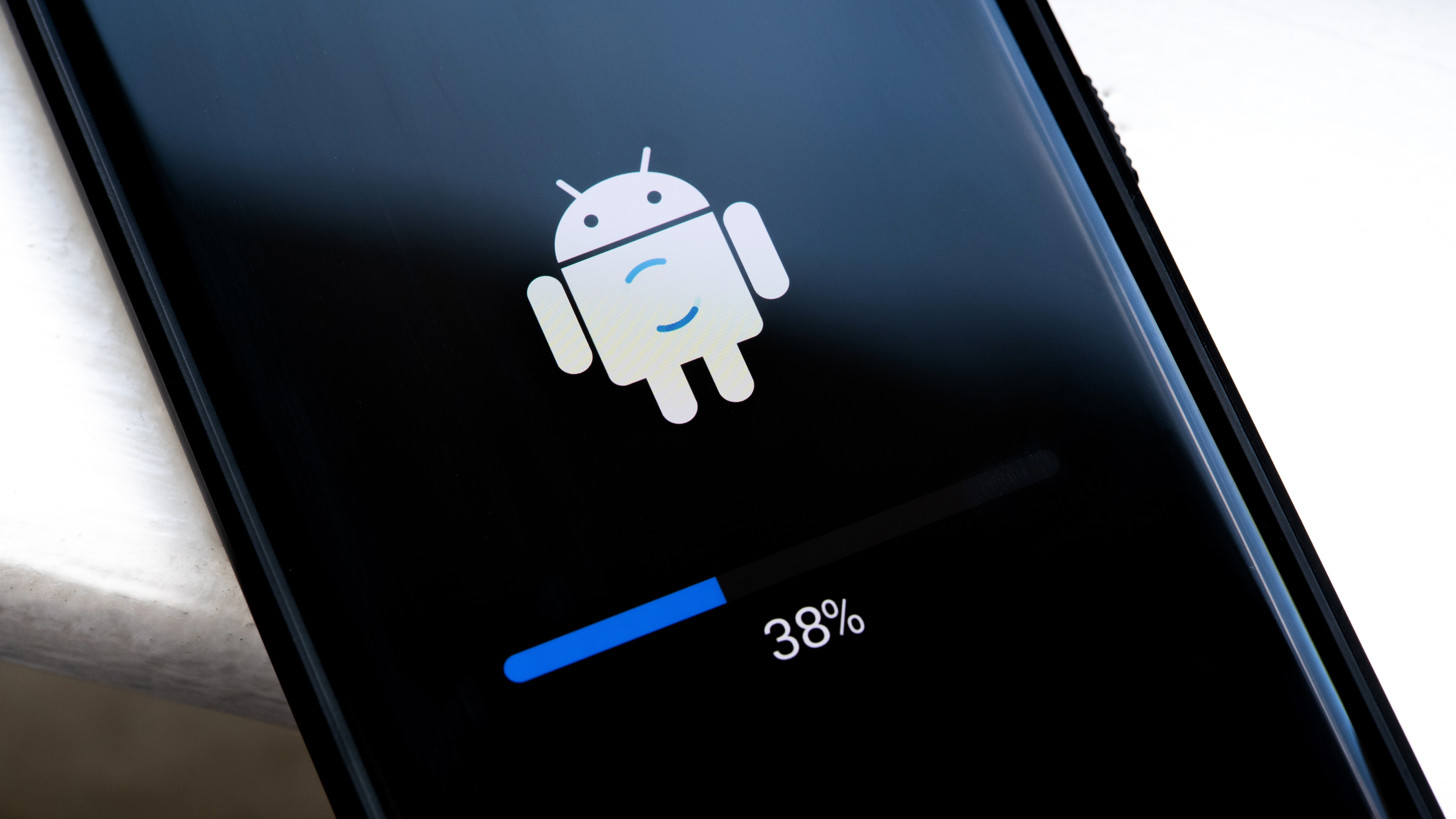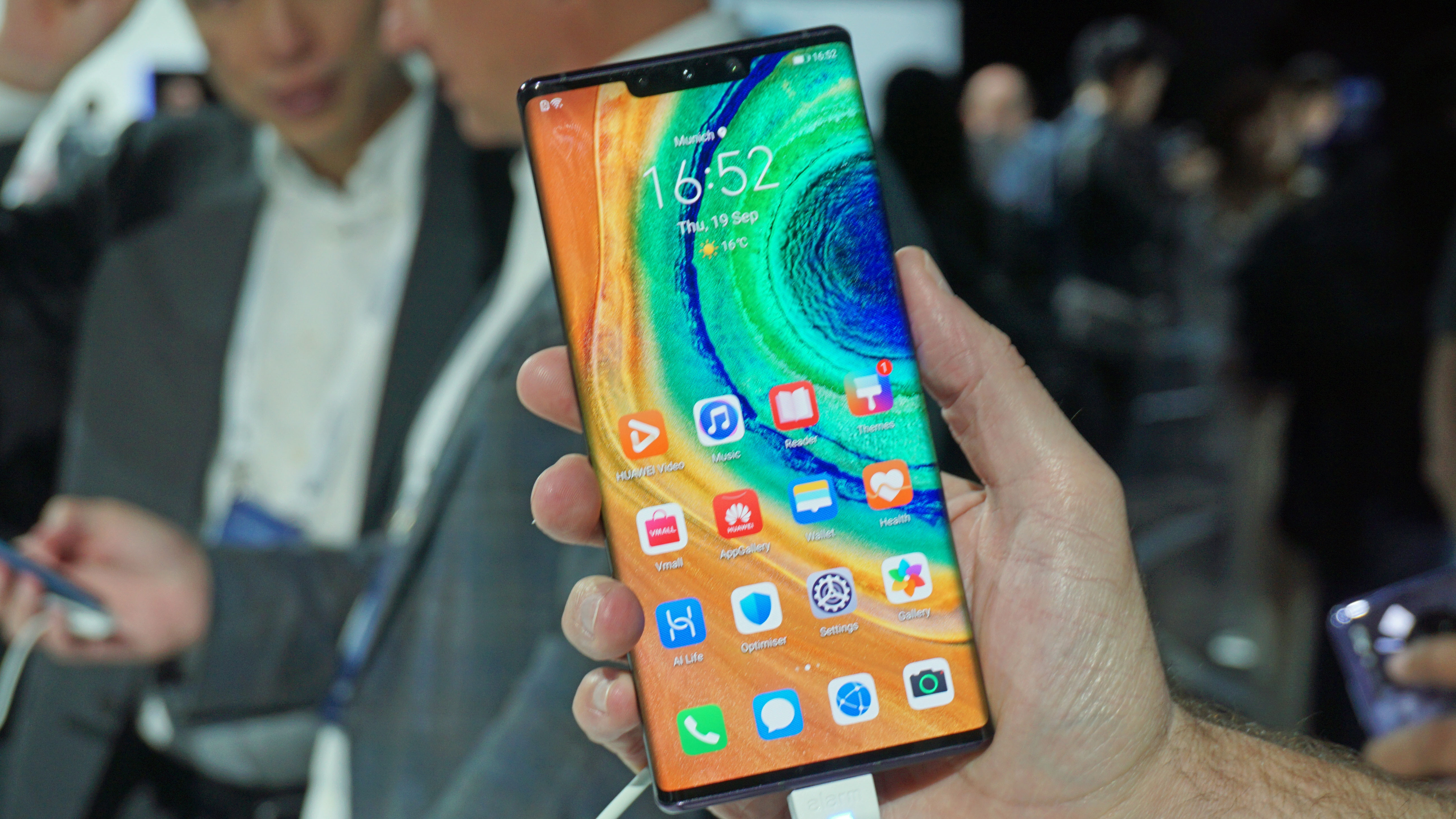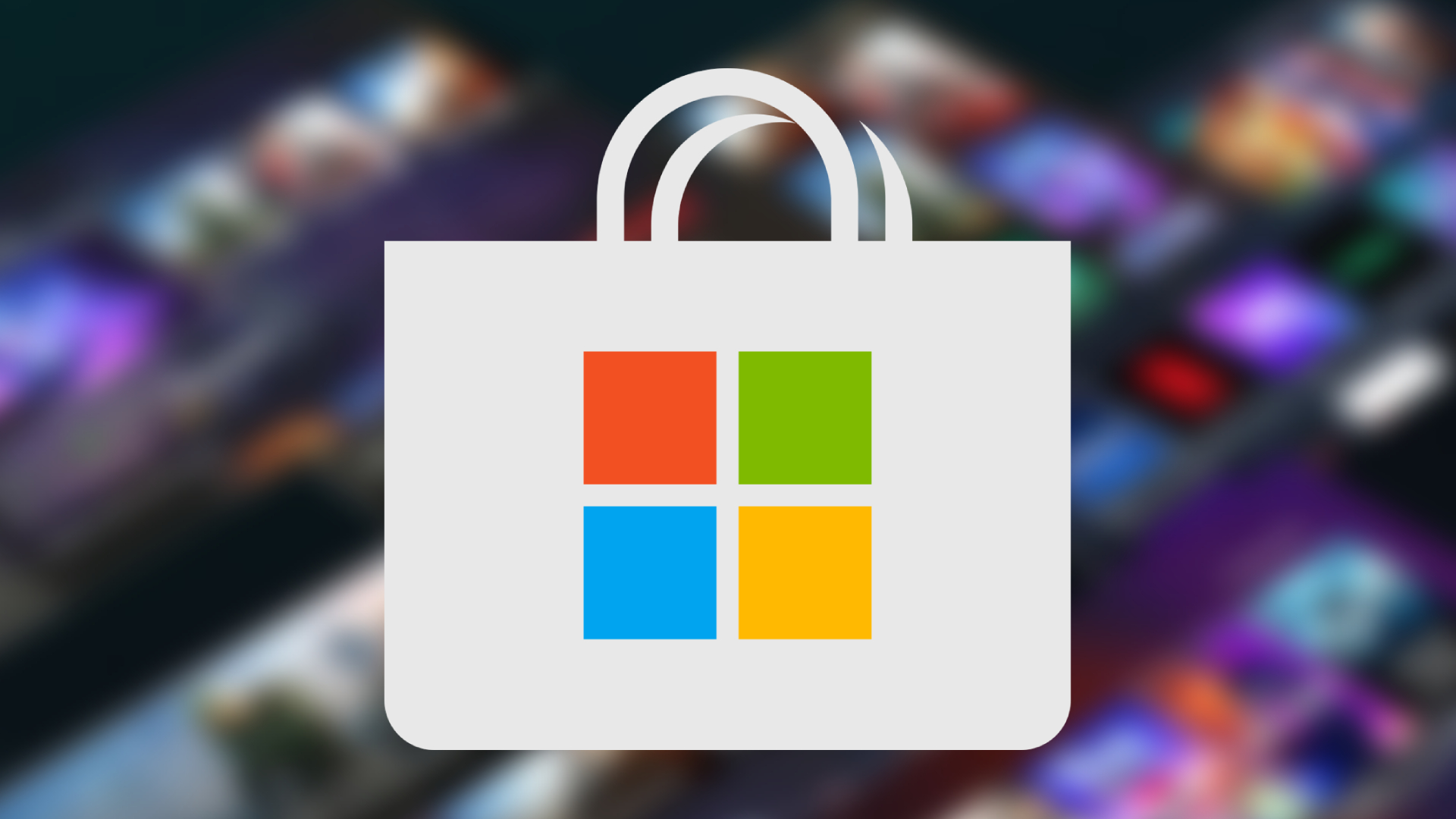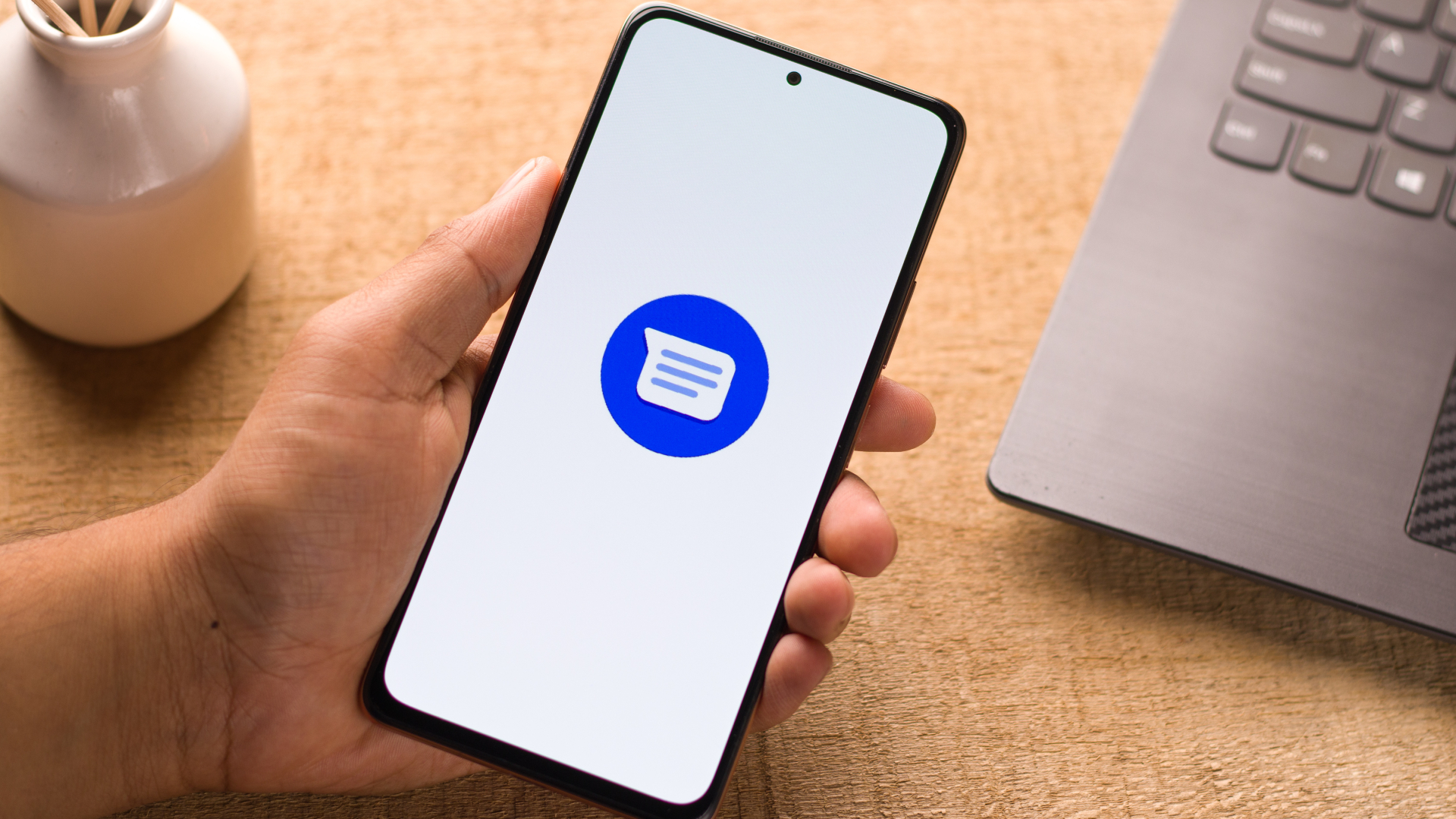Amazon Prime phishing scam returns - here's all you need to know
Shoppers warned of phone and email attacks against Amazon Prime users
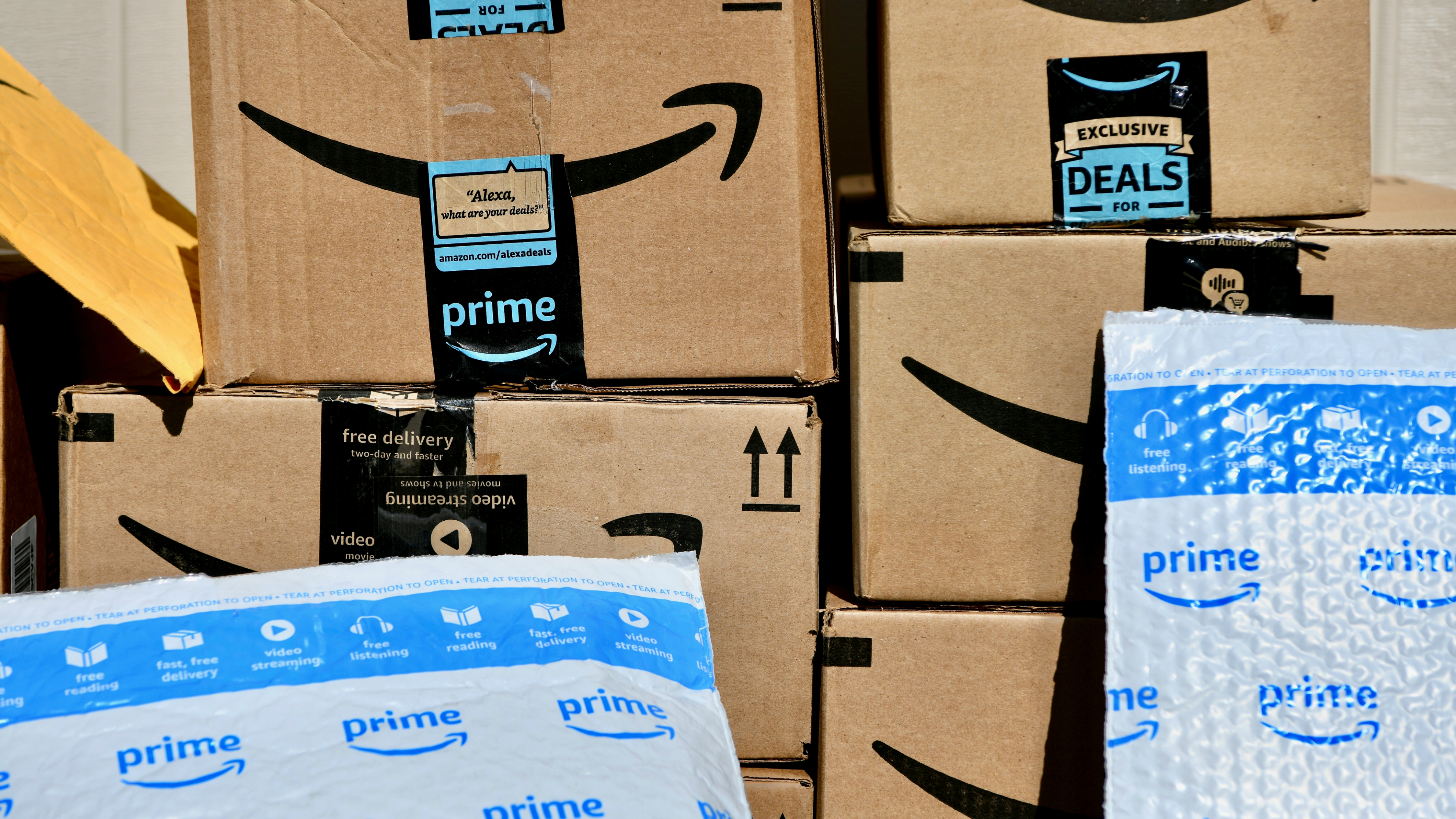
Shoppers using Amazon Prime have been warned about a major phishing scam which appears to have resurfaced across the country.
The scammers target victims via an automated telephone call claiming that they have opened an Amazon Prime account and that they should "press one" to cancel the transaction.
However doing so will connect the call to a fraudster posing as an Amazon customer service representative, according to the warning from the Chartered Trading Standards Institute (CTSI).
- Amazon Prime Day 2020 UK: potential deals and postponed October date
- Check out the best ecommerce hosting providers
- These are the best shopping cart software
Amazon Prime scam
The scammer informs the recipient of the call that their subscription was purchased fraudulently due to a supposed "security flaw" on the targeted person's computer. The bogus Amazon representative then asks for remote access to the recipient's computer, supposedly to fix the security breach. Remote access gives control access allowing the scammers to steal personal information, including passwords and banking information.
The CTSI has also uncovered an email version of the same scam, again using the hook of Amazon Prime, which has around eight million users in the UK.
The email version of this scam sees the victim receiving a message stating they have started an Amazon Music subscription charged at £28.99 per month. The email then asks the recipient to click a link if they want to cancel the subscription and receive a refund - but the page they are taken to in order to input their card details and receive the refund will instead send their details to fraudsters.
"Due to the COVID-19 pandemic, people are spending more time at home and more people are using internet platforms for shopping than ever before. Phishing scams targetting users of big platforms like Amazon have existed for a long time, but the current crisis has made them more vulnerable," said Katherine Hart, Lead Officer at CTSI.
Are you a pro? Subscribe to our newsletter
Sign up to the TechRadar Pro newsletter to get all the top news, opinion, features and guidance your business needs to succeed!
"Amazon will never cold-call customers, nor ask for remote computer access or payment over the phone. Do not give any details to the caller, and always verify directly with Amazon by logging into your official account and contacting customer support."
The CTSI adds that anyone who receives these calls or emails should report them to Action Fraud, or if in Scotland report it to Police Scotland by dialling 101.
- Setting up an online store? These are the best e-commerce platforms

Mike Moore is Deputy Editor at TechRadar Pro. He has worked as a B2B and B2C tech journalist for nearly a decade, including at one of the UK's leading national newspapers and fellow Future title ITProPortal, and when he's not keeping track of all the latest enterprise and workplace trends, can most likely be found watching, following or taking part in some kind of sport.
